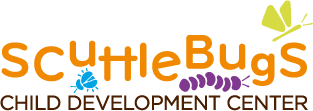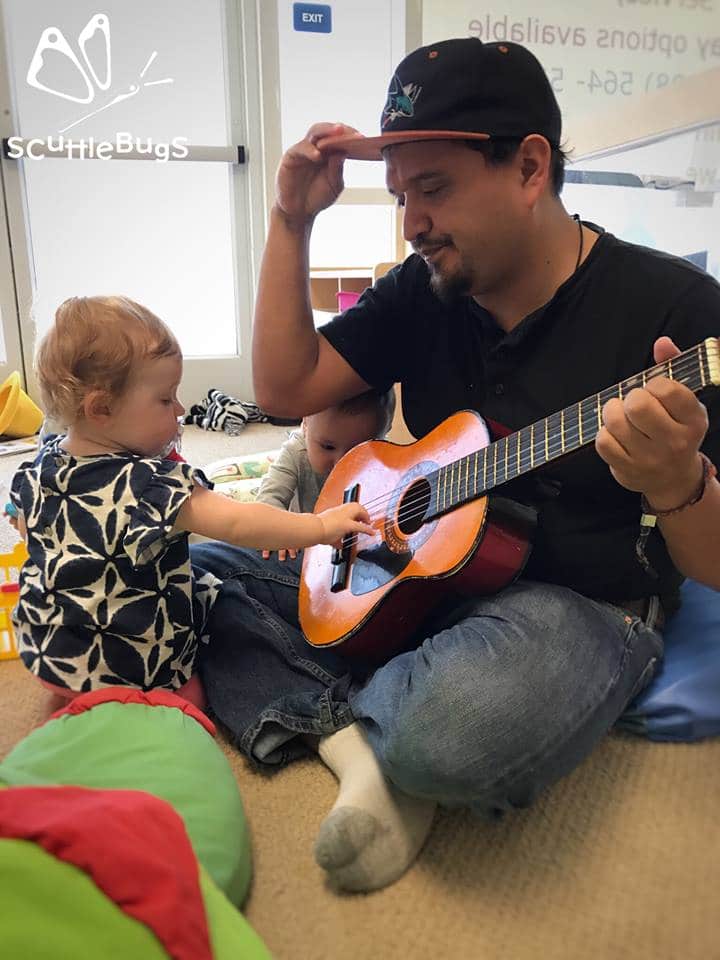Exposure to music and musical experiences during childhood can actually accelerate brain development most notably in the areas of language acquisition and reading skills according to a 2016 study at the University of Southern California’s Brain and Creativity Institute. Music has many other benefits for young children ranging from social development to even improved test scores! These are just some of the reasons why music should be an essential part of the curriculum for pre-school children today.

Language Development

Reading Skills
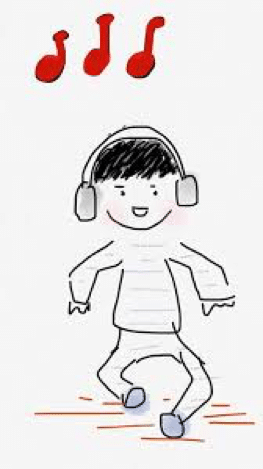
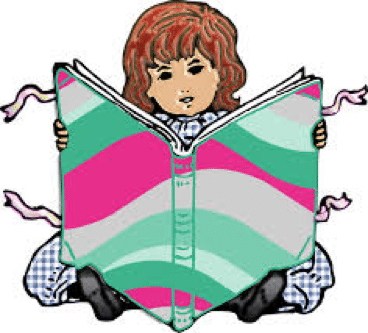
Social Development
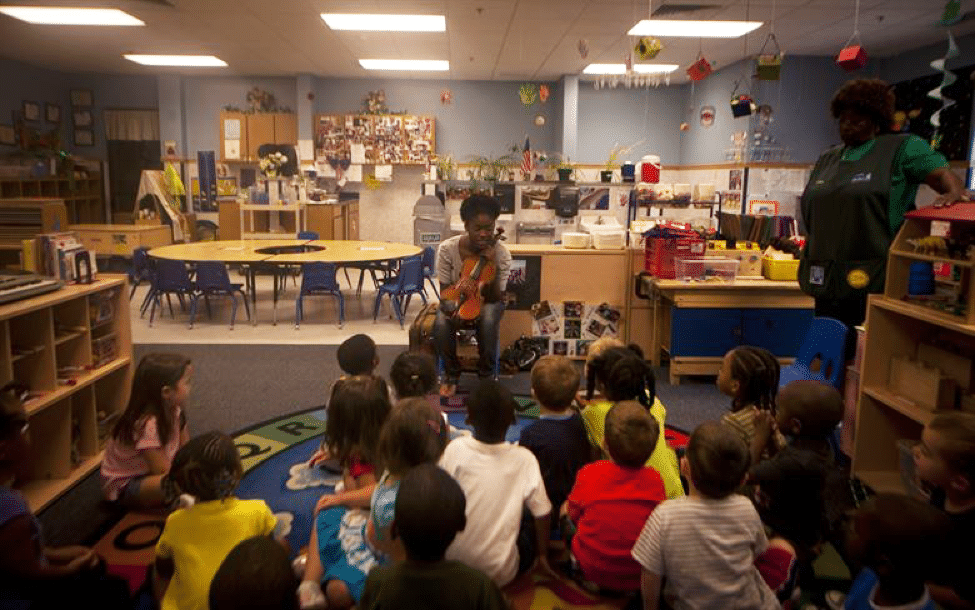
Improved Text Scores
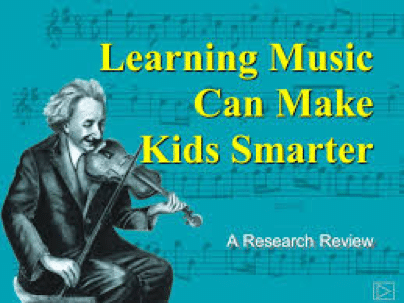
Research has found a link between music and spatial intelligence which helps children visualize and sort out different elements that should go together. This is exactly the same process used when solving a math problem.
In a 1999 study, students with experience in music appreciation scored higher on the SAT than students with no music appreciation: 61 points higher on the verbal and 42 points higher on the math. For students with experience in music performance the result was 53 points higher on the verbal and 39 points higher on the math. (College-Bound Seniors National Report: Profile of SAT Program Test Takers. The College Entrance Examination Board, Princeton, NJ, 2001).
Conclusion
Music is a very important part of early childhood education and the child care curriculum because it creates a wide range of benefits for children. The results compiled in years of scientific studies merely suggest what most of us have known all along. Exposure to music in early childhood education propels children to become more successful students who grow up to become more productive adults. The jury is still out on whether music can actually increase your IQ (i.e. make you smarter) but it most certainly stimulates emotion and motivation which leads to greater learning in so many other areas. This leads to improved language development, reading and math skills, social development, test scores and overall self confidence. Music gives children an early love and passion for language that will form a solid foundation to value learning. So, take the time to sing and rhyme with children in their early years. It is never too early (or late) and the benefits will last a lifetime.
Sources
Gersema, Emily “Children’s brains develop faster with music training” in USC News. June 20, 2016. https://news.usc.edu/102681/childrens-brains-develop-faster-with-music-training/.
Habibi, A., Cahn, R., Damasio, A., & Damasio, H. (2016). Neural Correlates of Accelerated Auditory Processing in Children Engaged in Music Training, Developmental Cognitive Neuroscience, 21, 1-14.
Brown, Laura Lewis. “The Benefits of Music Education.” In PBS Parents.org
http://www.pbs.org/parents/education/music-arts/the-benefits-of-music-education/
Anzalone, Charles. “Study Finds Link between Music and Preschoolers Reading Readiness.” in University of Buffalo News Center. Jan 23, 2013.
http://www.buffalo.edu/news/releases/2013/01/021.html
Henze, Alex. “The Effects of Music on Child Development.” Penfieldbuildingblocks.org. July 24, 2013
http://penfieldbuildingblocks.org/2013/07/the-effects-of-music-on-childhood-development/
Vardin, Patricia. “The Importance of Music in Early Childhood.” Music & Movement, What’s New. Educational Activities, Inc., 1 Dec. 2008. Web. 6 Jun. 2013. <http://www.edact.com/blog/?p=24>.
[1] Borgese, Paul, and Jovanka Ciares. "The Benefits of Music on Child Development." PaulBorgese. Paul Borgese, 2010. Web. 15 Sept. 2014.
